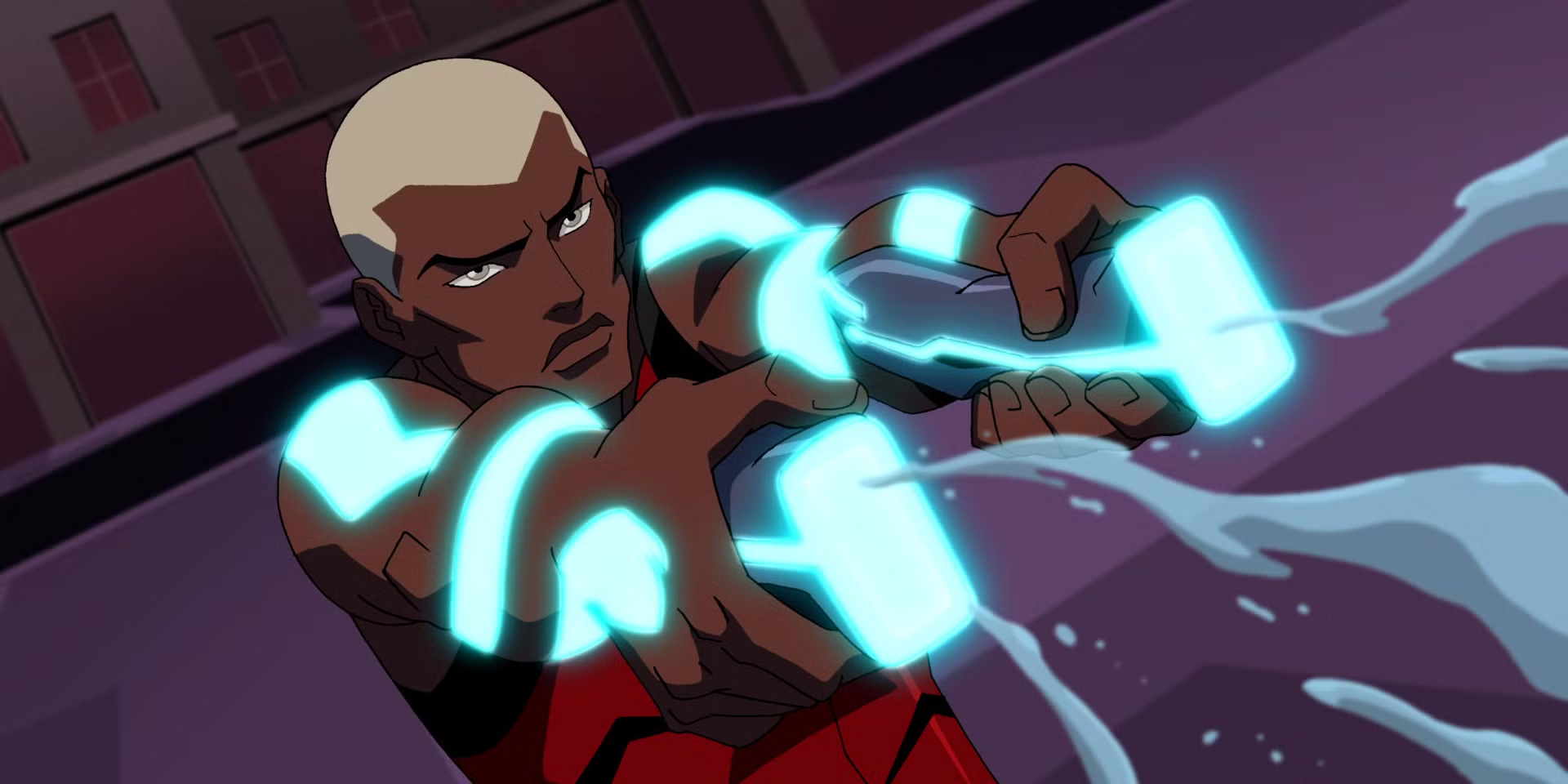Photos: YouTube
This week on CounterSpin: According to Techcrunch, before its ignominious flameout, the cryptocurrency firm FTX had acquired more than 100,000 customers in Africa. Evidently, FTX—led by wunderkind–turned–object lesson, with not much actual learning in evidence in between—Sam Bankman-Fried built a following in part by capitalizing on unstable banking access on the continent. Media like the New York Times and Bloomberg abetted Bankman-Fried’s scheming, with rose-colored stories describing him as a kind of “Robin Hood,” whose “ethical framework” called for “decisions calculated to secure the greatest happiness for the greatest number of people.” Well, the golden boy has now filed for bankruptcy, having disappeared some billion dollars in client funds, ho hum.
Don’t look for FTX post mortems to go deep on why Sub-Saharan Africa was specially targeted, or to plumb the implications of Bankman-Fried’s comments, made to Vox in 2021, that Africa is “where the most underserved globally are, and where there’s a whole lot of lowest-hanging fruit in terms of being able to make people’s lives better.” How’d that work out?
The African continent as a playing field for white people to test their theories, extract resources and stage proxy wars is time-tested. As much fable as active framework, it’s a lens that requires constant challenge.
We talked about this last fall with Milton Allimadi. He teaches African history at John Jay College of Criminal Justice, and publishes the Black Star News, a weekly newspaper in New York City. And he’s the author of the book Manufacturing Hate: How Africa Was Demonized in Western Media. We hear some of that conversation with Milton Allimadi, this week on CounterSpin.
Transcript: ‘The Demonization Was Meant to Pacify Readers to Accept the Brutality’






